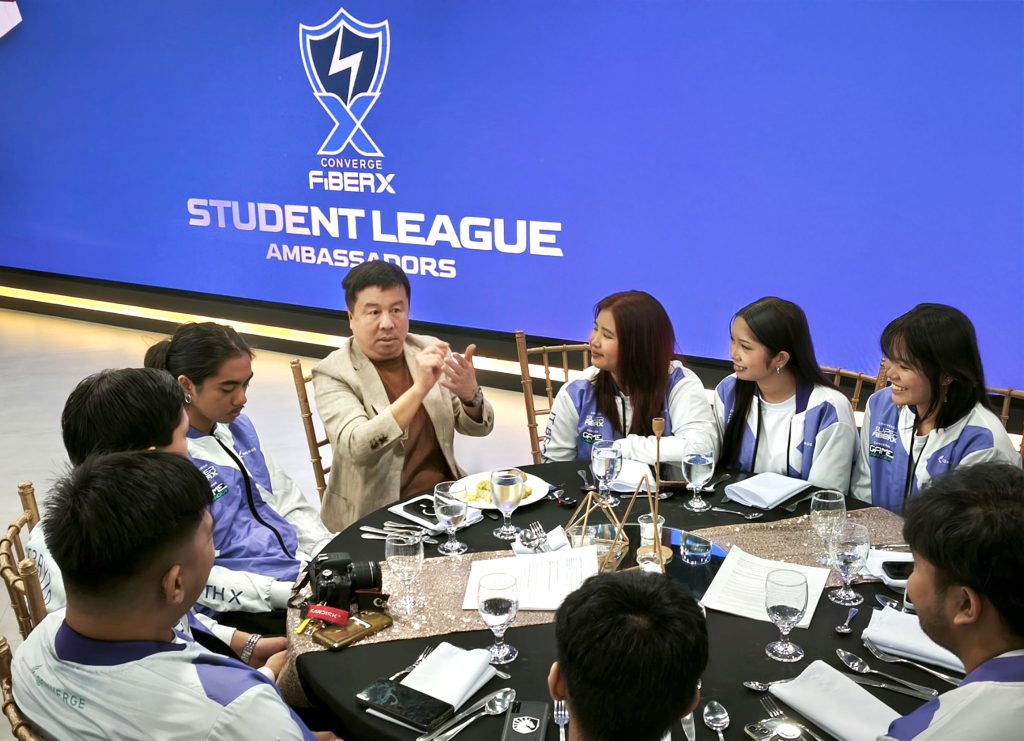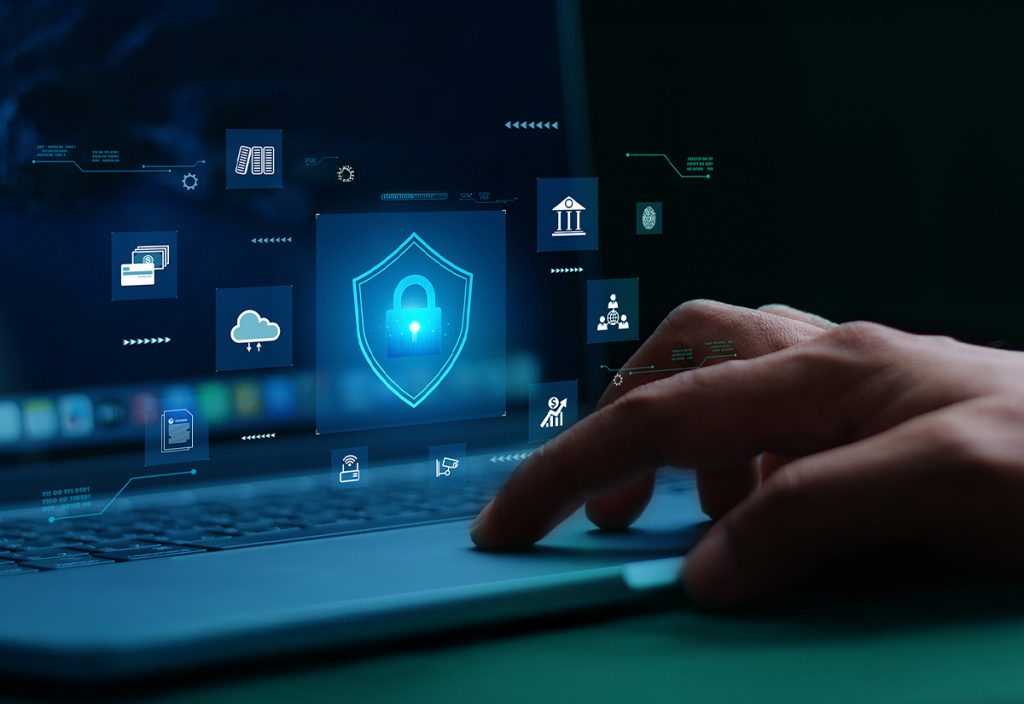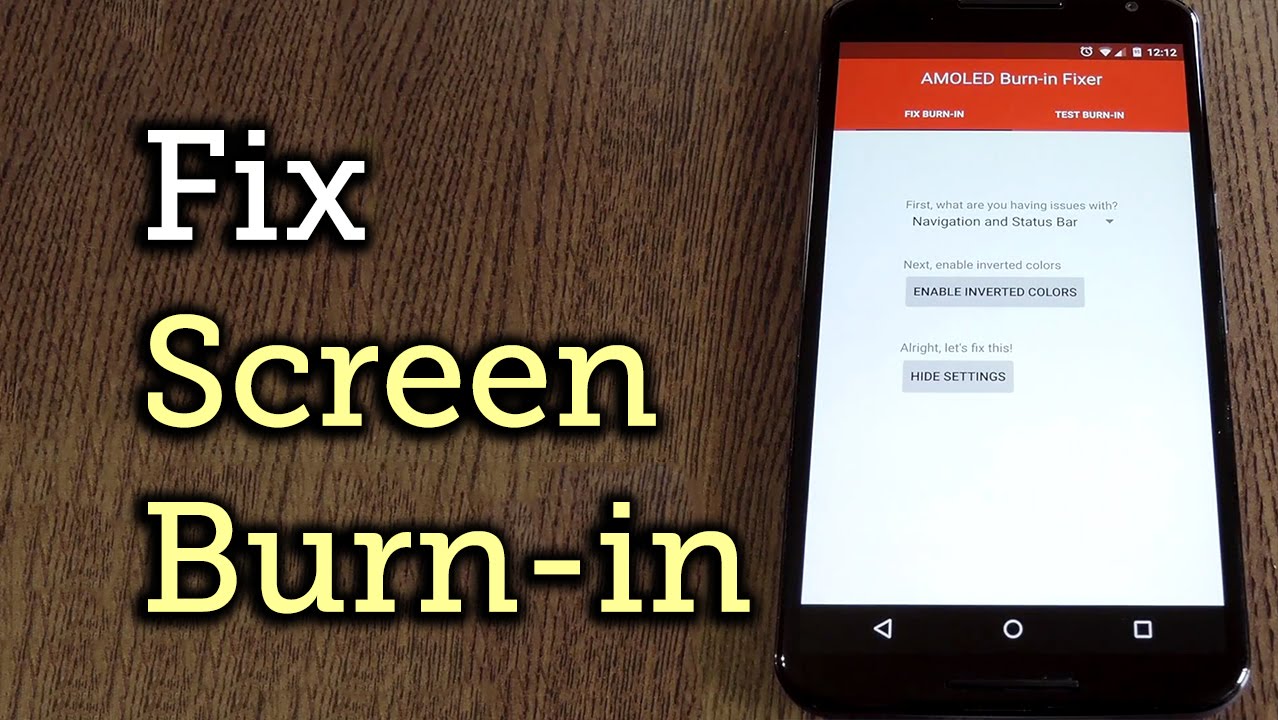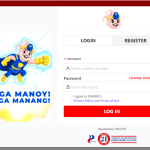Now Reading: DICT Pushes for Digital Reforms in Government Processes
-
01
DICT Pushes for Digital Reforms in Government Processes
DICT Pushes for Digital Reforms in Government Processes
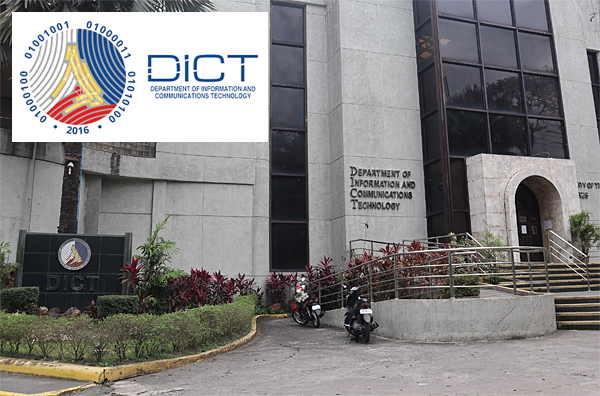
The Department of Information and Communications Technology (DICT) is driving significant reforms aimed at digitalizing, integrating, and simplifying government processes to enhance public service delivery.
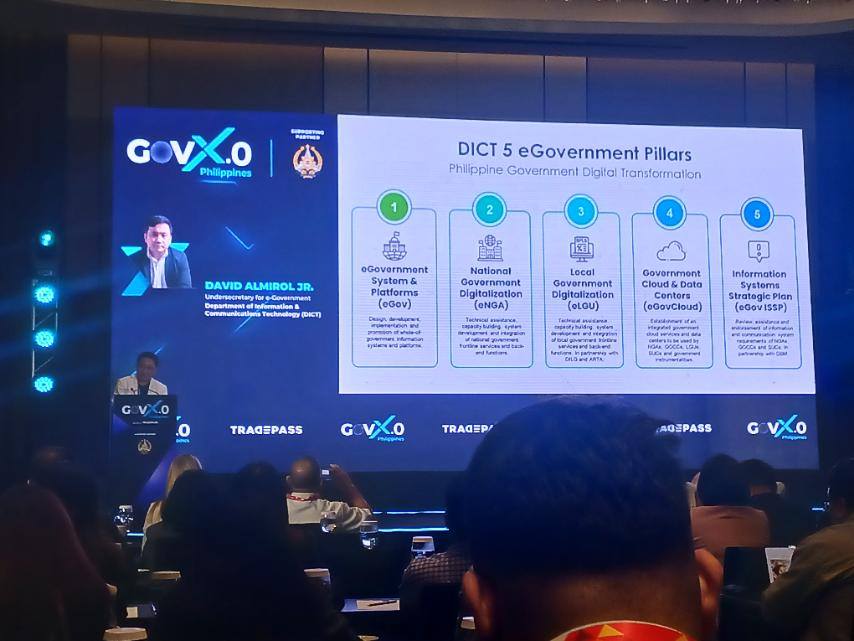
At the GovX.0 Summit in Pasay City on Tuesday, DICT Undersecretary David Almirol highlighted the government’s ongoing efforts to accelerate digital governance and streamline services across various sectors.
The DICT is at the forefront of the Philippine government’s digital transformation, having launched 25 digital platforms, including the eGov Super App, which consolidates essential services such as driver’s license applications, Professional Regulation Commission (PRC) certifications, and e-banking into a single, accessible platform.
Almirol shared that the eGov Super App has processed over 440 million transactions and integrated 1,100 government systems. Additionally, the DICT developed the eGov Blockchain to further strengthen data security and transparency across government agencies.
“Our goal is simplification, standardization, and integration, not duplication,” Almirol explained. He emphasized that if one agency already has a citizen’s verified data, they should not be required to submit it again to another agency.
The DICT has also prioritized cloud optimization, achieving a 60% reduction in costs and providing centralized cloud services for free to government agencies. This move has helped eliminate underutilized infrastructure and significantly improved efficiency within government operations.
These efforts have contributed to the Philippines’ rise in global digital rankings. According to the 2025 Asia Pacific Digitalization Nations Index, the country has climbed from 80th to 49th place in the global digitalization rankings, reflecting the successful implementation of digital initiatives.
Through these reforms, the DICT is working to create a more efficient, accessible, and transparent government, benefiting Filipinos and reinforcing the country’s commitment to a digitally advanced future.










